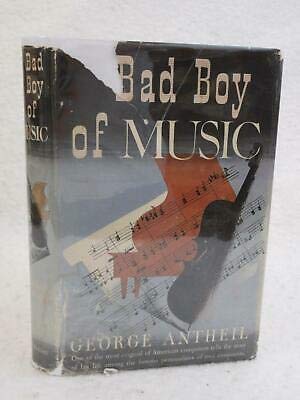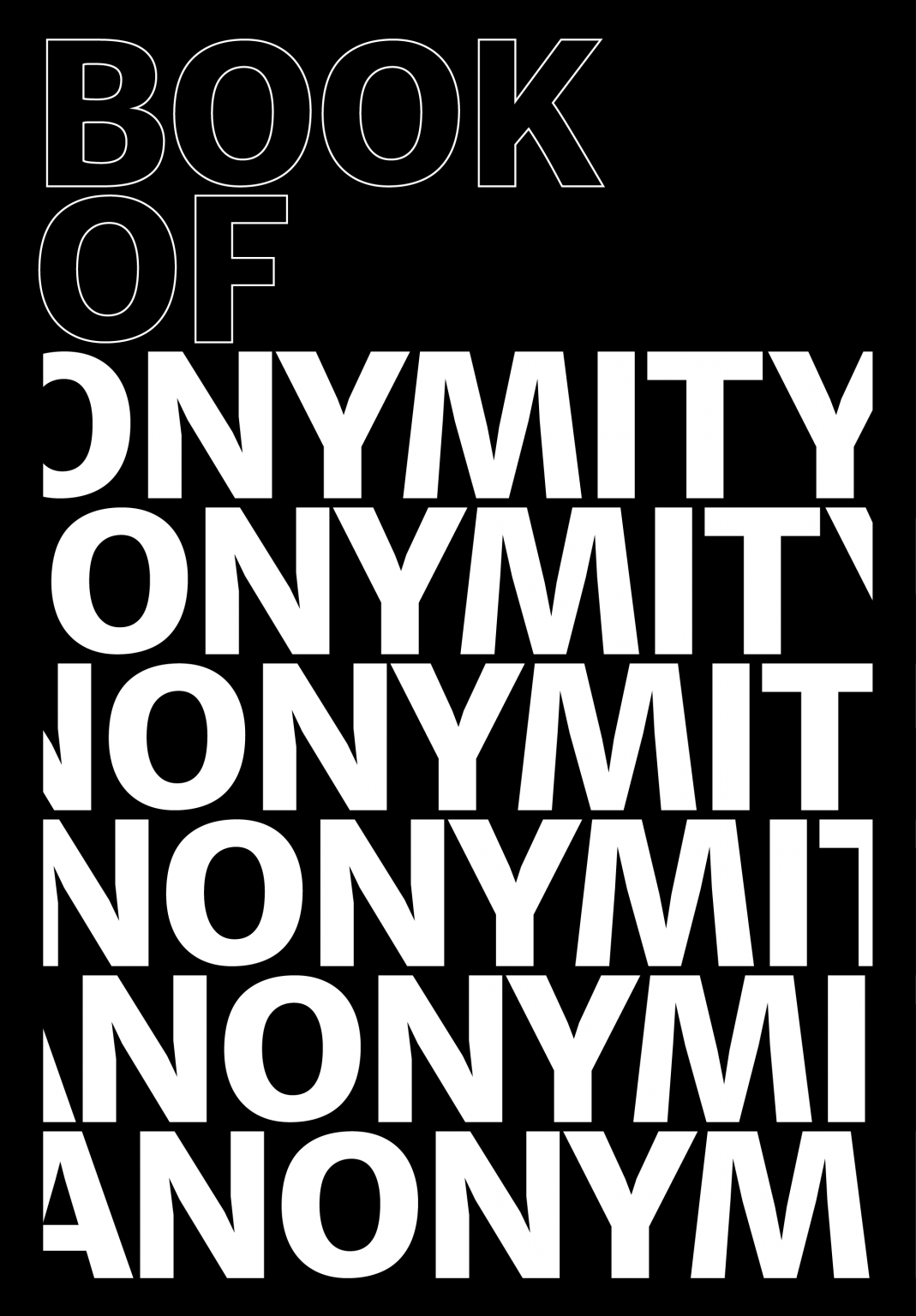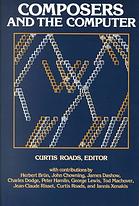George Antheil: Bad Boy of Music (1945–)
Filed under book | Tags: · avant-garde, biography, memoir, music, music history

George Antheil (1900-1959) was a radical American composer active in the early part of 20th century. He was recognised by the Parisian avant-garde literary community as a musical spokesman for their ideas. In the late 1920s Antheil participated in the operatic renaissance in Germany, and, after his return to America in 1933, he attempted to synthesize an American musical idiom in his neoromantic film, symphonic, chamber, and operatic scores.
In his autobiography, Antheil gives a fascinating account of the creative activity in Berlin, Paris, Vienna, New York and Hollywood, discussing his encounters with Igor Stravinsky, Hedy Lamarr, James Joyce, Man Ray, Ezra Pound, Sylvia Beach, W.B. Yeats, Erik Satie, Pablo Picasso, Cecil B. DeMille, Fritz Lang, Salvador Dalí and others.
First published by Doubleday, Doran & Co., Garden City, NY, 1945
Published in the UK by Hurst & Blackett, London, 1947
Reprinted by National Book Association / Hutchinson & Co., London, 1949
295 pages
via Tom Whitwell
Reviews: Milfred Norton (Hollywood Quarterly, 1946), Linda Whitesitt (American Music, 1984).
Commentary: Guy Livingston (ABC Radio National, 2015).
PDF (12 MB)
Comment (0)Anon Collective (ed.): Book of Anonymity (2021)
Filed under book | Tags: · anonymity, anonymous, art and science, data, digital culture, personhood, privacy, security, surveillance, technology

“Anonymity is highly contested, marking the limits of civil liberties and legality. Digital technologies of communication, identification, and surveillance put anonymity to the test. They challenge how anonymity can be achieved, and dismantled. Everyday digital practices and claims for transparency shape the ways in which anonymity is desired, done, and undone.
The Book of Anonymity includes contributions by artists, anthropologists, sociologists, media scholars, and art historians. It features ethnographic research, conceptual work, and artistic practices conducted in France, Germany, India, Iran, Switzerland, the UK, and the US. From police to hacking cultures, from Bitcoin to sperm donation, from Yik-Yak to Amazon and IKEA, from DNA to Big Data — thirty essays address how the reconfiguration of anonymity transforms our concepts of privacy, property, self, kin, addiction, currency, and labor.” (from back cover)
Contributors: Anon, Götz Bachmann, Dwaipayan Banerjee, Solon Barocas, Aram Bartholl, Amelie Baumann, Vadim Bernard, Paula Bialski, Andreas Broeckmann, Heath Bunting, Martin De Bie, Bureau d’études, Jacob Copeman, Abigail Curlew, Stéphane Degoutin, Simon Farid, Parastou Forouhar, Randi Heinrichs, Anna Henke, Michi Knecht, knowbotiq, Gertraud Koch, Julien McHardy, Helen Nissenbaum, Gerald Raunig, RYBN.ORG, Daniela Silvestrin, Thorsten Thiel, Transformella, Daniël de Zeeuw, Nils Zurawski.
Publisher Punctum Books, March 2021
Creative Commons BY-NC-SA 4.0 International license
ISBN 9781953035301
484 pages
HT coco
PDF (11 MB)
Comment (0)Curtis Roads (ed.): Composers and the Computer (1985)
Filed under book | Tags: · composing, composition, computer music, computing, electroacoustic music, electronic music, music, music criticism, music history, sound, technology

An early anthology focusing on the aesthetics and compositional techniques in computer music.
With essays by Curtis Roads, Charles Dodge, Tod Machover, Jean-Claude Risset, Iannis Xenakis, and an interview with Herbert Brün by Peter Hamlin with Curtis Roads.
Publisher William Kaufmann, Los Altos, CA, 1985
Computer Music and Digital Audio series
ISBN 0865760853, 9780865760851
xx+201 pages
Review: Jon Appleton (The Musical Quarterly, 1986).
PDF (57 MB)
See also Roads’s Composing Electronic Music: A New Aesthetic (2015).
Comment (0)
